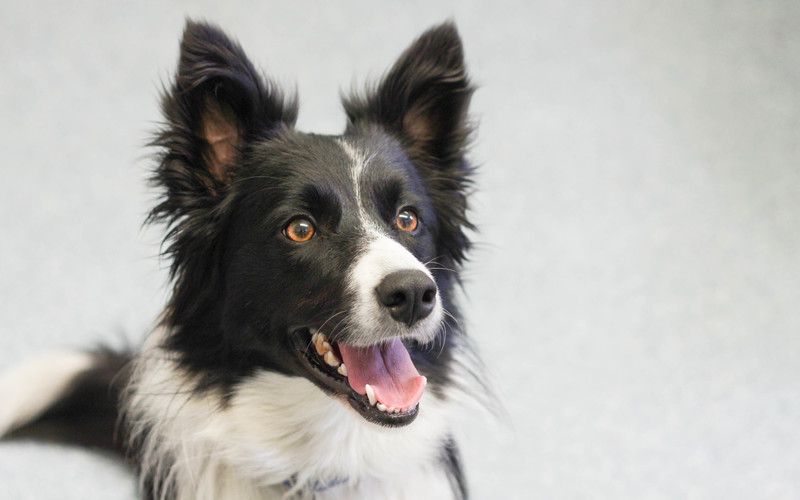What is Kennel Cough?
Kennel Cough is also known as infectious bronchitis and can be caused by viruses or bacteria or often both. Patients infected with Kennel Cough are treated at the practice in isolation as this illness is highly contagious between dogs. Depending on the severity of their symptoms, they may not need to see a vet or receive any treatment but just require rest and avoid any contact with other dogs. Others, however, may need supportive treatment.
The facts:
- Not all dogs get symptoms and some only show mild symptoms
- The main sign is a dry hoarse hacking cough, mucus is produced which the dog tries to swallow
- Dogs don’t always seem unwell - appetite and energy levels are usually normal. But some dogs do experience a runny nose, sneezing or eye discharge
- Any dog can contract Kennel Cough. This illness can be more serious in puppies, elderly dogs, brachycephalic breeds (e.g. pugs and French bull dogs) and those with underlying illness. Some dogs can go on to develop pneumonia as a secondary condition to the Kennel Cough
- When the dog coughs the virus becomes airborne. If an unaffected dog is in contact with the infected dog or coughed out particles they can get Kennel Cough
- Transmission can also happen when touching inanimate objects belonging to the infected dog, e.g. food bowls, toys
- If you think your dog has this illness then keep them away from other dogs to help stop the spread
- Dogs can be contagious for 2 – 14 days. Some dogs are carriers of Kennel Cough and not show any symptoms. An infected dog showing signs of Kennel cough usually takes up in 3 weeks to clear, though it can linger for up to 6 weeks.
- To help the dog recover avoid using a collar and lead and use a harness instead to protect his throat and neck. Antibiotics, pain relief and anti-coughing medication may be needed especially if a bacterial infection is suspected – this is advised on each individual case. Some dogs are unable to sleep at night because of the persistent cough so getting veterinary advice is important.
- There is no specific test used to diagnose Kennel Cough, the clinical signs are a strong indication of the illness and the approach and treatment is on a case by case approach
If you are worried about your dog, be sure to tell us he has a cough when you ring, advice can be given and if an appointment is necessary we will do so as an isolation case to minimise the risk of spread
Vaccination
- We can vaccinate against a number of stains but not all – Kennel Cough has a wide range of viral and bacterial causes and strains. Current vaccines cannot protect against them all, but the more common causes are vaccinated against.
- Most kennels and doggy day care centres will require your dog to be vaccinated against Kennel Cough in addition to their routine vaccinations. But remember dogs get Kennel Cough from dog-to-dog contact, not just in kennel settings as the name suggests.
- The Kennel Cough vaccine can be given as early as 8 weeks old, takes 3 weeks to reach immunity and is repeated annually
- If your dog has had Kennel Cough but not been previously vaccinated you will usually be advised to wait 2-4 weeks for the clinical signs to resolve before vaccination is offered
- If you live in a multi-dog household, one of your dog’s get Kennel Cough, but none of the dogs are vaccinated, the advise of when to vaccinate will very much depend on each individual case.
We strongly recommend vaccinating your dog when they are well and include the specific annual Kennel Cough vaccine which is given in the dog’s mouth.
To claim 25% off the cost of your dog’s Kennel Cough vaccination, become a member of the MVP Care Plan and also receive further benefits and discounts which will save you money on your dogs annual preventative health care – from vaccinations to parasite control and more, click here for further details.
For further information on Kennel Cough, visit the Royal Veterinary College website, click here.

